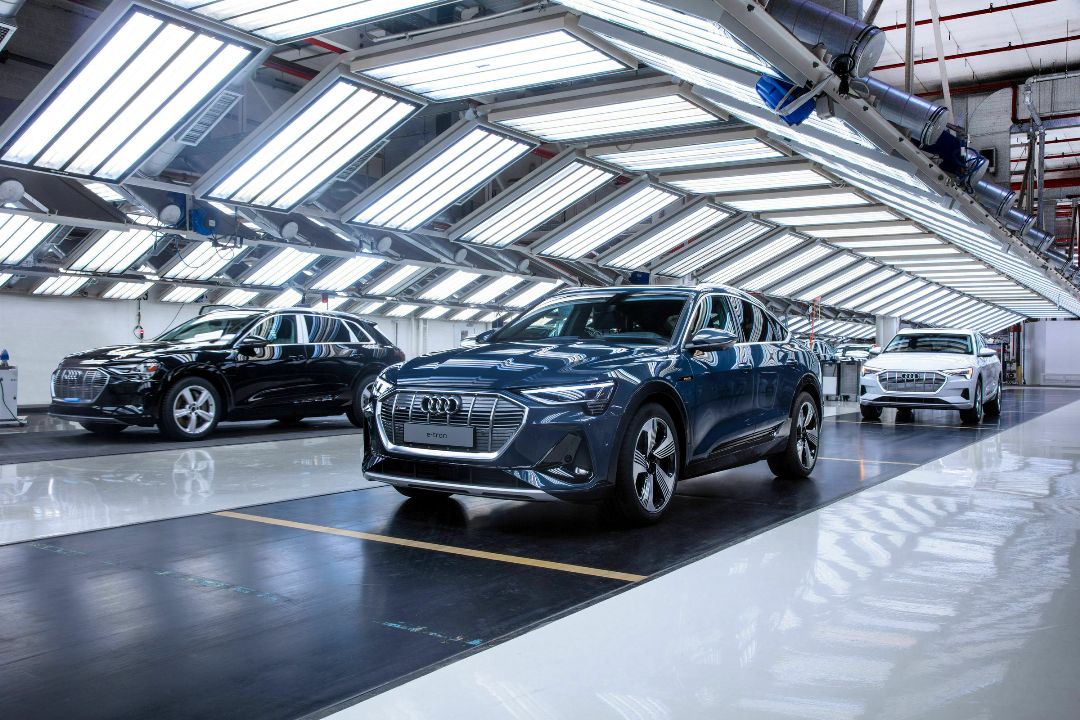Workers at Audi’s Forest factory in Brussels have initiated legal action following claims that management has locked them out and halted their work. The factory, which has been idle for nearly two months, faces uncertainty after Audi announced plans to end production of its electric Q8 e-tron model earlier than expected and explore restructuring the site.
The decision to cease production comes in response to a significant drop in demand for the Q8 e-tron, coupled with ongoing structural issues at the factory. If no buyer is found for the site, the factory may close entirely, putting approximately 3,000 jobs at risk. Audi has indicated that layoffs could begin as early as October, with around 1,500 jobs affected this year and more cuts, potentially exceeding 1,100, expected by 2025. The remaining workforce could face job losses by the end of next year.
Tensions between management and workers have escalated in recent weeks. Protests have erupted, with workers setting tyres on fire outside the factory and seizing 200 keys connected to unfinished and finished vehicles. Union leaders have expressed frustration over the lack of clear communication from Audi, warning that the situation could lead to the complete closure of the plant.
“Workers are not motivated anymore. We don’t know what will happen in the future,” said Najar Lahouari, president of the Federation of Brabant Metalworkers (FGTB). “Every day that passes, you don’t know what to say to your family.”
Despite management’s hope to restart production soon, unions have dismissed this as unrealistic. Lahouari emphasized the uncertainty surrounding potential investors, noting that the factory’s future remains unclear for the 4,000 workers, including those indirectly employed through Audi’s operations.
Audi Brussels CEO Volker Germann addressed the situation, stating that the announcement of potential restructuring does not guarantee a decision but acknowledged the impact on employees. “A transparent and constructive dialogue is important in the process that will follow,” Germann said.
In response to the ongoing tensions, unions are organizing a national demonstration in Brussels on September 16 to protest the factory’s uncertain future.
An Audi spokesperson, Wolfgang Schmid, confirmed that the plant will remain closed until a safe and regulated restart can be achieved. “We are currently in contact with local social partners and would like to continue a constructive dialogue,” he said.
As Audi grapples with declining demand for its electric vehicles, the outcome of negotiations and the search for investors will be crucial to the future of the Brussels factory and its workforce.










